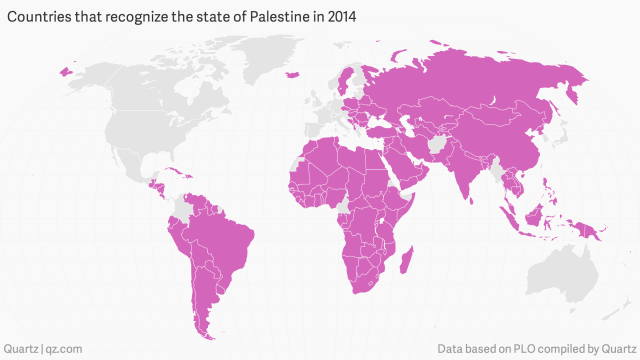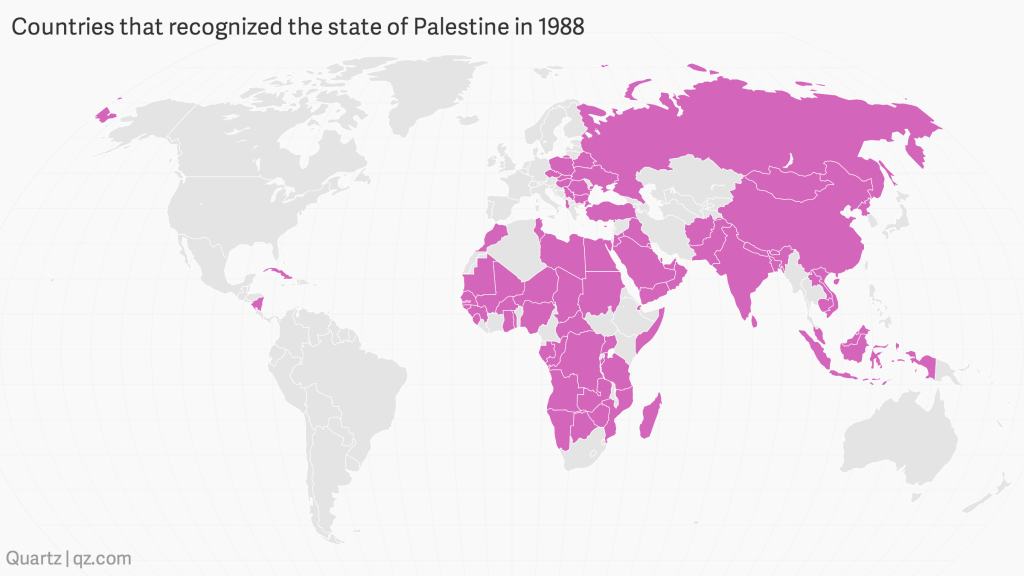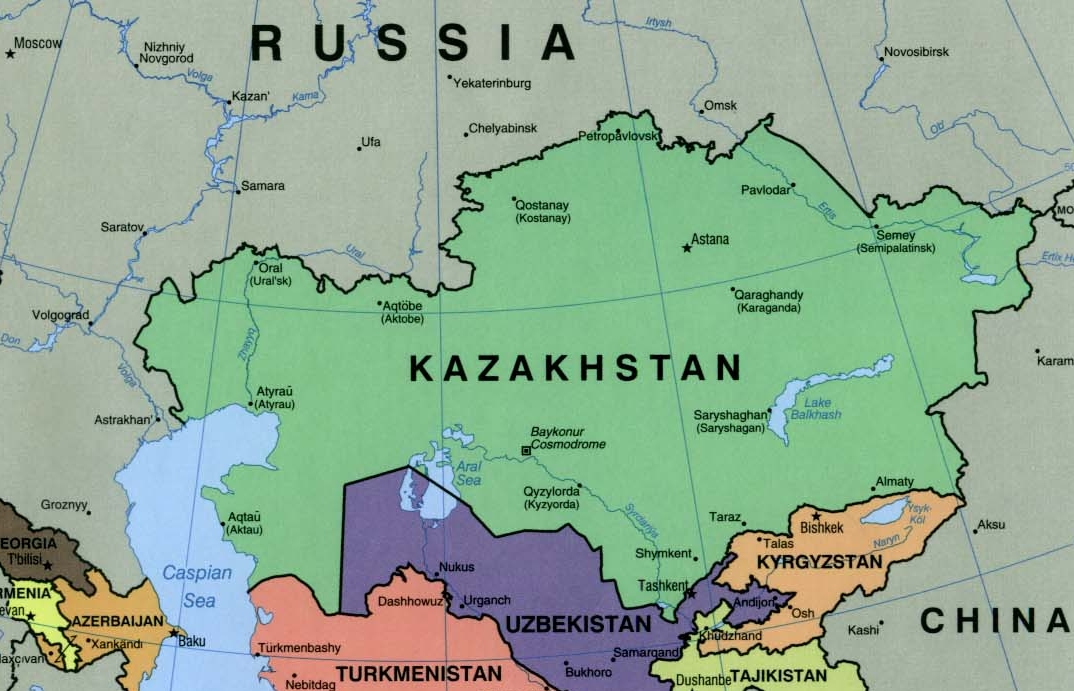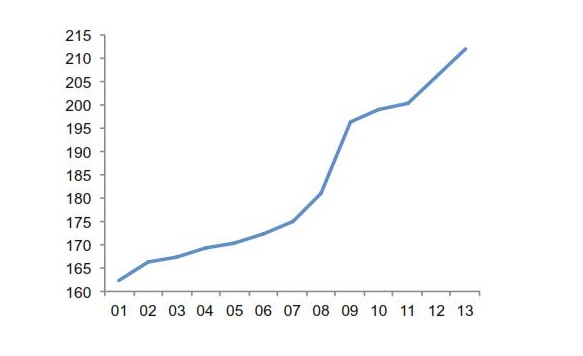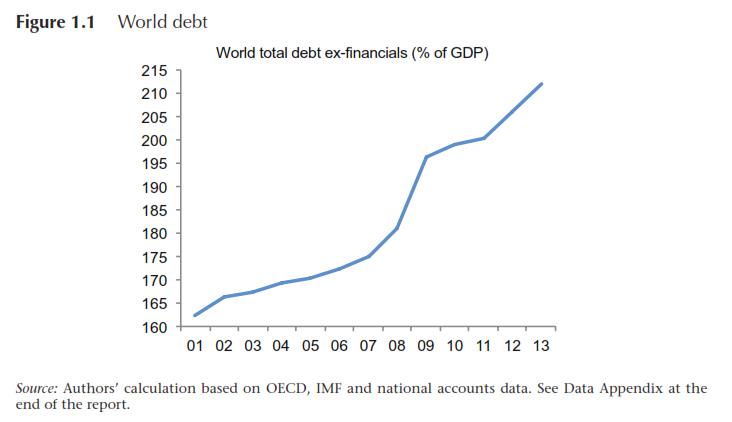While experts in the US warned that the US was not prepared to contain an Ebola outbreak, citing mistakes and missteps in the handling of the first US Ebola case which resulted in the death of Thomas Duncan last week, US officials and US President Barack Obama rejected increasing calls for travel restrictions to and from the affected areas of West Africa.
“It is America–our doctors, our scientists, our know-how–that leads the fight to contain and combat the Ebola epidemic in West Africa,” said Obama in rejecting travel restrictions, stressing his faith in US doctors and health facilities.
CDC Director Tom Friedman also dismissed calls for travel restrictions and isolation of the West African nations where the Ebola outbreak has claimed thousands of lives.
Friedman rationalized his position by saying that isolating the outbreak regions may cause the disease to spread more widely and cause greater risk to America.
“It’s a tough question that’s coming up and will keep coming up,” Friedman said. “Our perspective–very much like the situation with regard to the individual–is to take actions that seem like they may work. The approach of isolating countries–it’s harder to get help into that country and it may enable the disease to spread more widely there and potentially become more of a risk to us here.”
However, Friedman admitted that the risk was not controlled.
“The bottom line here is the plain truth that we can’t make the risk zero until the outbreak is controlled in West Africa,” said Friedman.
Several US politicians have made public calls for travel restrictions.
Rep. Ted Poe (R-Humble) requested that the president restrict travel to Sierra Leone, Liberia and Guinea.
“I believe that the recent Ebola case in Dallas highlights the fact that non-essential travel to the affected region is putting Americans at unnecessary risk,” Poe wrote in his request.
Texas US Senator Ted Cruz (R-Texas) sent a letter to the Federal Aviation Administration questioning the measures it was taking to protect America from Ebola.
“Due to the Obama administration’s unclear approach to addressing the threat of the Ebola virus, Americans–particularly the Texans who have possibly been exposed–deserve specific answers to how the administration is addressing travel to and from the countries impacted by the disease,” Cruz wrote.
US Rep. Tim Murphy (R-Upper St. Clair) also warned of a need to increase health security. “The propensity of people coming out of those countries may be to get out of there as fast as possible,” said Murphy. “Even if that means lying on their records. We can’t necessarily just use that verbal screening process. CDC and NIH are going to tell us how they are adapting and changing this, because the current process apparently is not effective.”
Experts in the US have also called for restrictions.
Gavin MacGregor-Skinner, an assistant professor of public health at Penn State University, who helped set up an Ebola clinic in Nigeria weeks ago, said of the outbreak, “This is a Category 5 hurricane. It just happens to be viral.”
Phenelle Segal, president of Montgomery County-based Infection Control Consulting Services and a former infection prevention analyst for the Pennsylvania Patient Safety Authority, warned, “Unless the World Health Organization and the Centers for Disease Control and Prevention take extreme measures to prevent the universal spread of the disease, we could possibly end up with a pandemic.
“I think as soon as we started seeing West Africa go out of control with Ebola, that was the time [to impose travel restrictions.]”
In West Africa, the disease has claimed 3,300 lives with no end in sight. The UN has said of the outbreak that it is surging “beyond control,” and warned of a worldwide disaster.
Ebola cases in West Africa have doubled every three weeks. In Sierra Leone 121 people died of Ebola Sunday.
UN officials have stated that a total air quarantine would not stop the spread of Ebola, but would delay it.
By Day Blakely Donaldson




